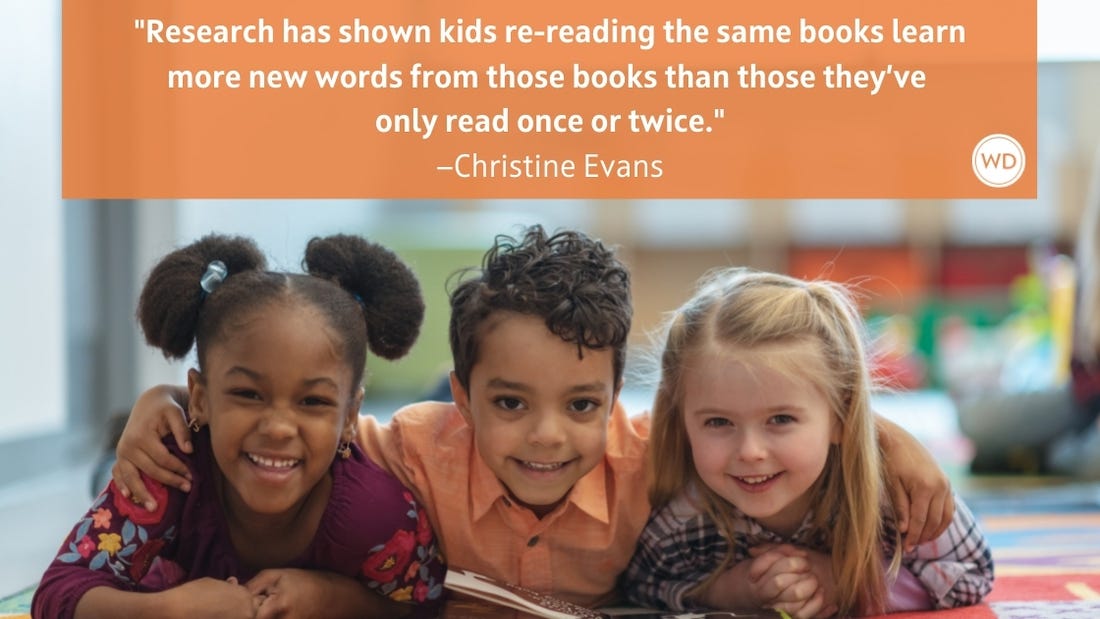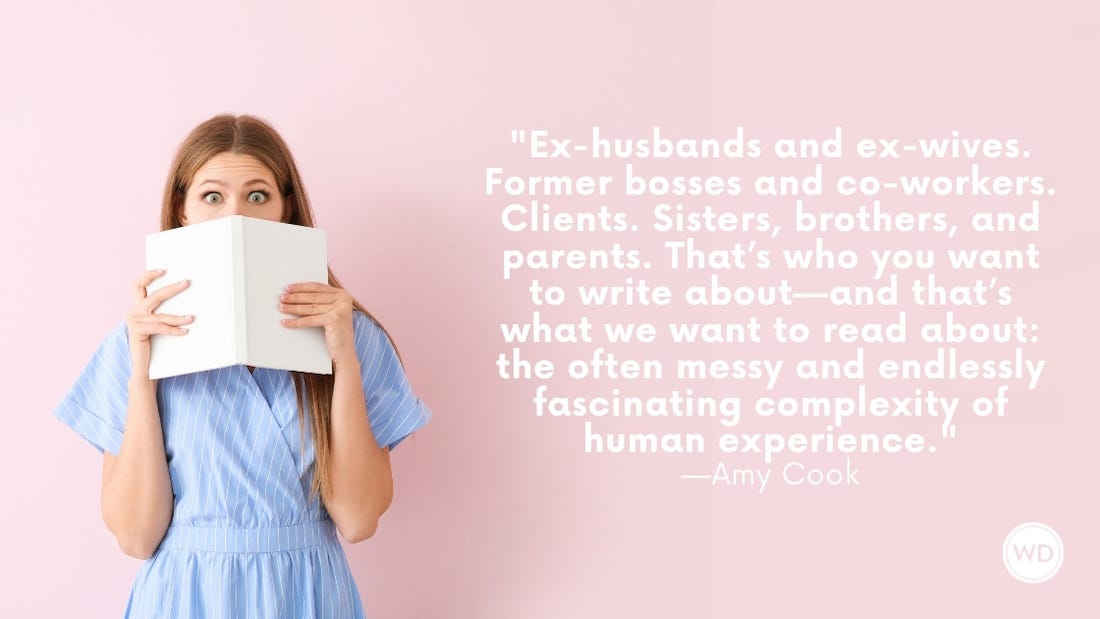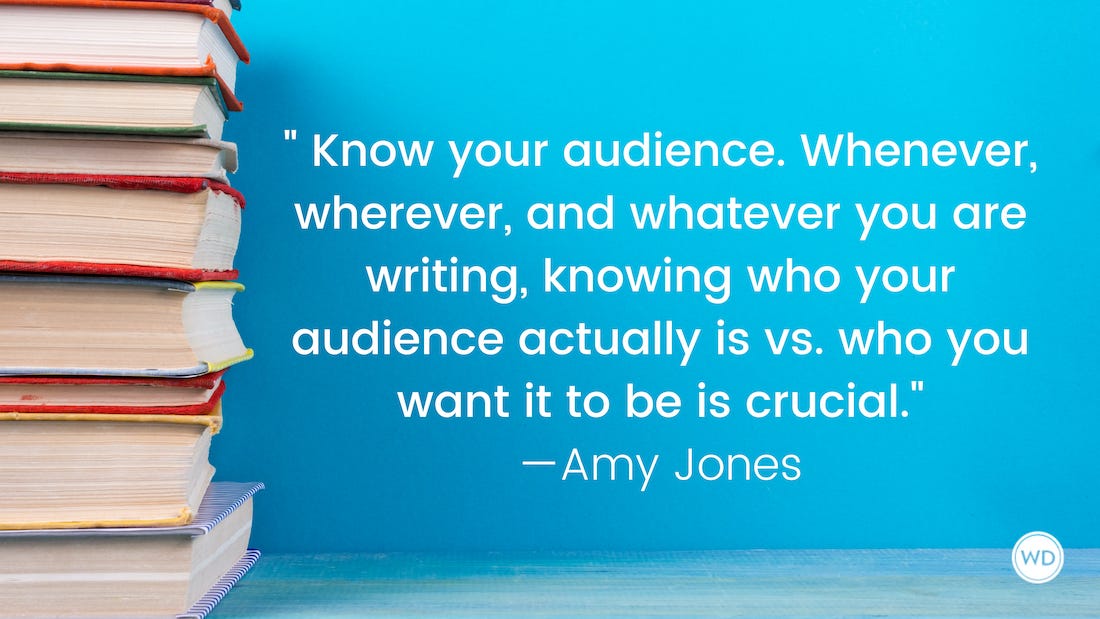WHAT NOT TO WRITE: Leatherheads
Hey, screenwriters– Today’s post is brought to us by Martin Scorsese‘s new Rolling StonesIMAX movie, Shine A Light. (Okay, not really, but it looks incredible, so do yourselves a favor…
Hey, screenwriters--
Today's post is brought to us by Martin Scorsese's new Rolling StonesIMAX movie, Shine A Light. (Okay, not really, but it looks incredible, so do yourselves a favor and check it out.)
And while I haven't seen it yet, I can only assume that it will rock hard... which will help to wash off the stink for those of you who go see director George Clooney's new movie, Leatherheads... which I just saw last night. (So see Leatherheads first, then Shine A Light... so it's like you get dirty and then have a nice, warm, comforting shower...)
While I don't want this blog to turn into a movie review site, I do think it's helpful to look at movies and talk about their screenwriting qualities... and you often learn more by looking at bad movies than good ones, because you see all their mistakes.
So, let's talk about Leatherheads (and I won't give away any actual plot details, just in case you decide to actually put yourself through it)...
Leatherheads is a 1920's love triangle set against the backdrop of the newborn professional football industry. It follows three characters: Dodge Connelly (George Clooney), an aging pro football player for Minnesota's ailing pro football team, the Duluth Bulldogs; Carter Rutherford (John Krasinski), a college superstar-- and World War I hero-- who's drafted by Connelly to revive the dying Bulldogs; and Lexie Littleton (Renee Zellweger), a scrappy Chicago reporter determined to "cook Carter's goose" by proving he's not the war hero everyone thinks he is.
Of course, both Connelly and Rutherford fall head-over-heels for Littleton... forming a (supposedly) dramatic love triangle that's at the center of the film. Here's the problem...
It doesn't work.
There are a myriad of reasons that keep the film from working: it's a pastiche of incongruent styles and tones (screwball comedy, dry social commentary, contemporary romantic comedy), it flits from theme to theme without ever being sure what it wants to say, etc.
But today I want to talk about one major script flaw that prevents Leatherheads from taking off...
It never takes the time to define its core relationships.
The key to pulling off this kind of romantic comedy/love triangle is illustrating the love between all three people involved... and getting the audience to care for all of them. We need to see the attraction between Littleton and Connelly... we need to see the attraction between Littleton and Rutherford... and, perhaps most importantly, we need to see the bond and friendship between the two men, Connelly and Rutherford.
In Leatherheads, the relationship between the two men is most important... but it's given the least amount of time. The entire plot is driven by the partnership of Connelly and Rutherford... the fading veteran and the arrogant upstart. Yet we know very little about the two men's relationship. Are they father-son? (Not literally, of course... but in the context of their relationship.) Are they brothers who love and hate each other? Best friends? Business rivals? Teacher-student?
Because we're never sure, we don't know what's at stake when the woman-- Littleton-- drives a wedge between them. The destruction of two "brothers'" relationship is tragic and dramatic. So is the break-up of two best friends. But two guys who just like the same girl is just... well... two guys who like the same girl. Thus, we're never really invested in caring about how these two men will solve their battle for the same woman, because it never feels like anything tremendous will be lost or gained.
Secondly, the script never fully articulates the Littleton-Connelly or Littleton-Rutherford relationships. We know both men find Littleton attractive... but what does Littleton see in each of them? Sure, she has some pseudo-witty repartee with Connelly... and she needs to cling to Rutherford to get her juicy newspaper story... but we're never sure what emotional need each of these men fills in Littleton. How does each satisfy her, emotionally, in a different way? And likewise, what emotional hole does she fill in each of them?
Because we never know, we have no idea what each man will lose if he loses this woman. As a result, we have no idea why each even bothers to pursue or fight for her. Does Littleton make Rutherford want to discover his wild, uninhibited side? Does she make Connelly want to settle down and become a responsible family man? We don't know... so we have no idea what each man stands to lose, personally, if he loses Littleton.
Likewise, we don't know what Littleton will lose if she loses one of these men. Does Rutherford provide her with a sense of security and warmth? Does Connelly give her excitement and adventure? And by picking one over the other, what is Littleton gaining and what is she sacrificing? We never know, so there are no stakes in her dating or giving up either.
So, Lesson #1: If you're writing a romantic comedy, we need to know why your characters desperately need each other... and we need to know what they'll lose if they lose each other.
And Lesson #2: If you're creating this kind of love triangle, we need to be invested in all the relationships... which means each relationship needs to be clearly enough defined that we understand why it's important to the characters... and what they'll lose if the relationship dissolves.
The best way to learn these lessons, of course, is to go see Leatherheads. Unfortunately, it'll be a two-hour, ten-dollar lesson (and neither is refundable), but if you're writing a love-triangle/romantic comedy, it just may be worth it...
Chad
LEATHERHEADS
Jane Friedman is a full-time entrepreneur (since 2014) and has 20 years of experience in the publishing industry. She is the co-founder of The Hot Sheet, the essential publishing industry newsletter for authors, and is the former publisher of Writer’s Digest. In addition to being a columnist with Publishers Weekly and a professor with The Great Courses, Jane maintains an award-winning blog for writers at JaneFriedman.com. Jane’s newest book is The Business of Being a Writer (University of Chicago Press, 2018).









